Idea by
Carina Sacher
Call for ideas 2017
Welcome in the Hôtels meublés!
Welcome in the Hôtels meublés!
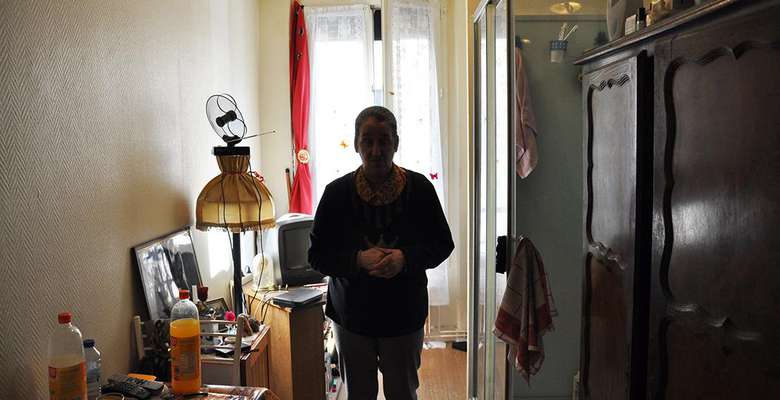
The demand of cheap and accessible housing is especially present in the current housing and economic crisis. The access to the social or private housing market is becoming more difficult as also elitist. Though, the number of poor and homeless people is steadily increasing.
Paris is one of those cities, but inhabits a centuries-old private hotel sector largely unknown and in risk of disappearance. These places, in the public opinion stigmatised as precarious, unsanitary, and even unacceptable, are at the same time rich in social and spatial potentials. As urban habitation niches they offer people in various circumstances the possibility of transition.
The project aims to raise awareness of the important role of the existance of unconditional accessible habitations within the city by a profound field research and case study. Moreover, a concept is developed to preserve and rethink the sector, while enlarging the access to different functions for their inhabitants.
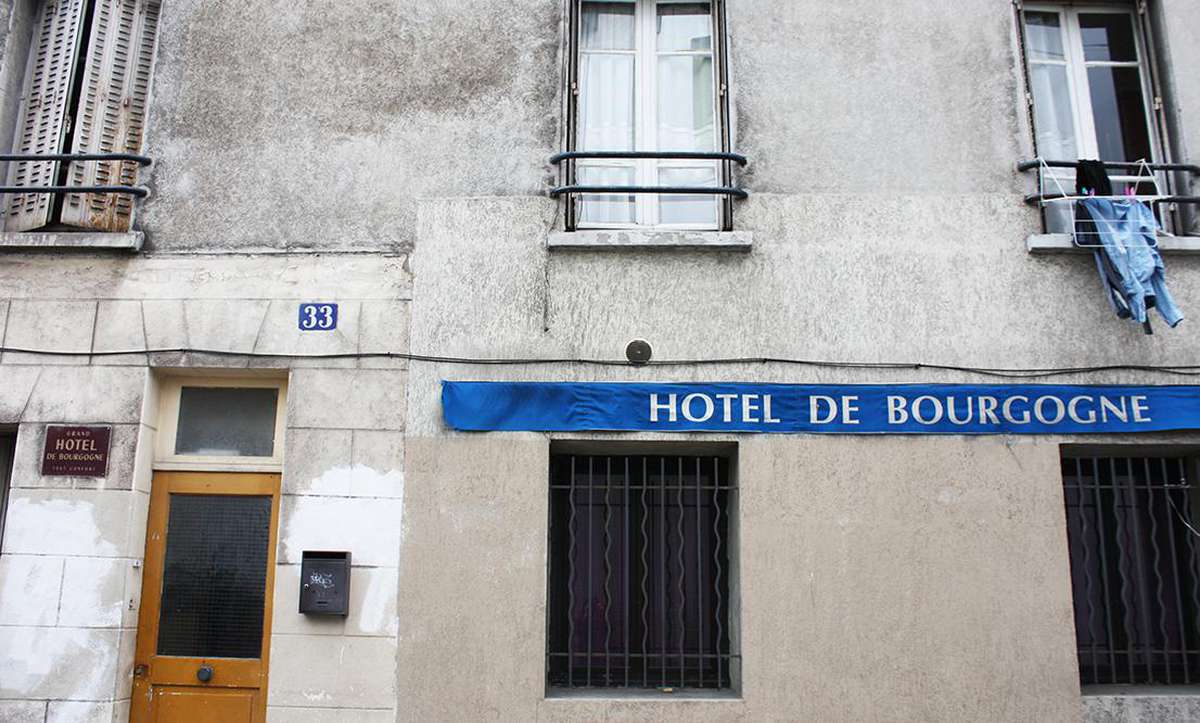
The Hôtels meublés vary from decent to unsanitary, from temporary to sedentary homes.
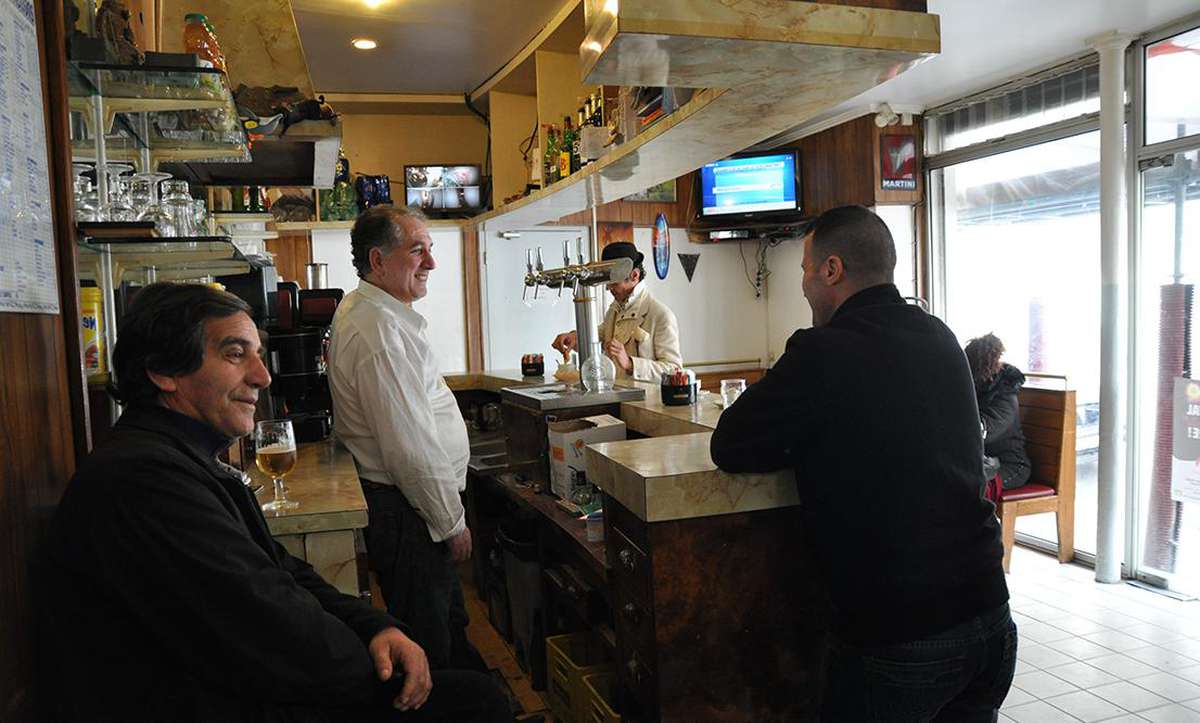
Their social potencials are widly covered by their stigmatised image of a precarious habitat.
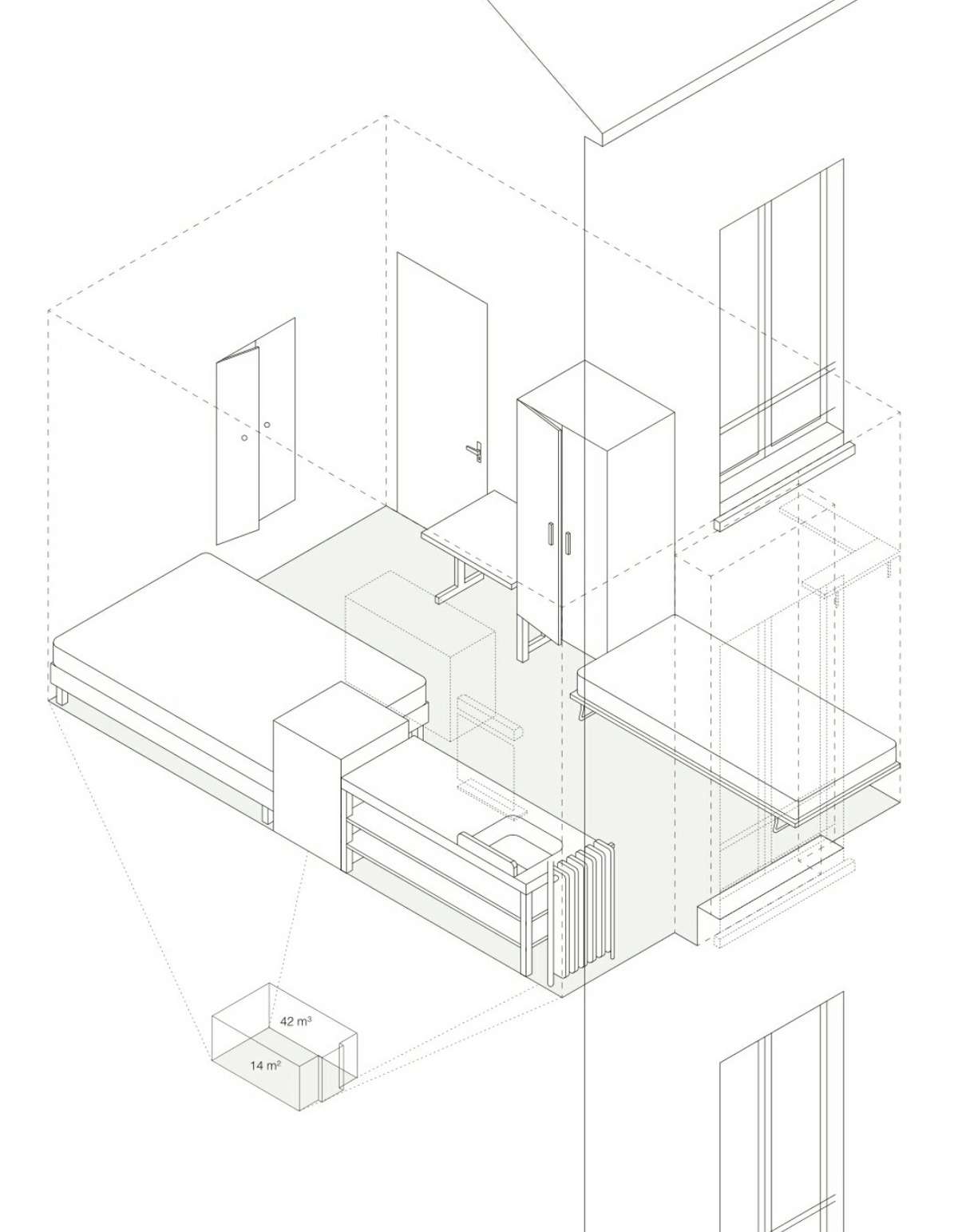
The hotel sector also serves as accomodation for asylum seeking families. A family of 3 people shares a room of about 14m2.
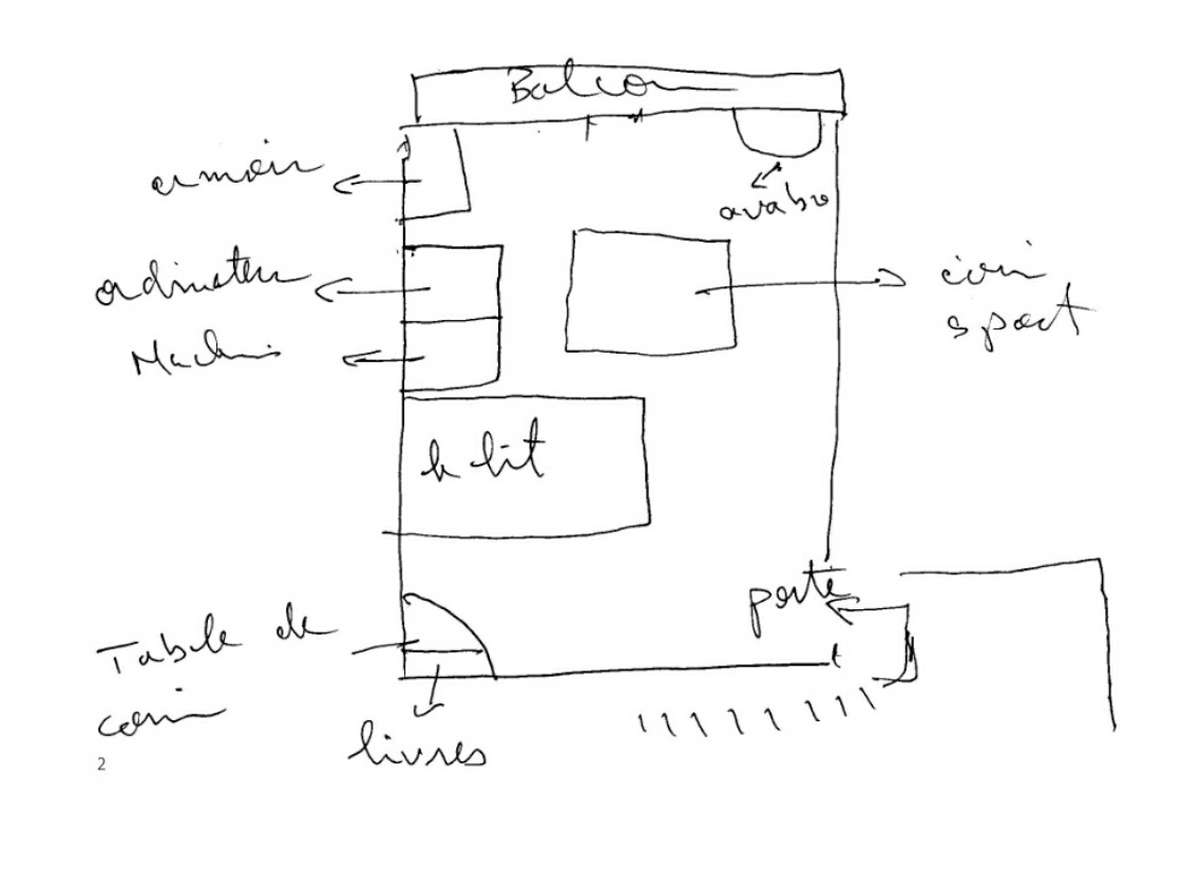
Drawing of the hotel room by the resident Aziz
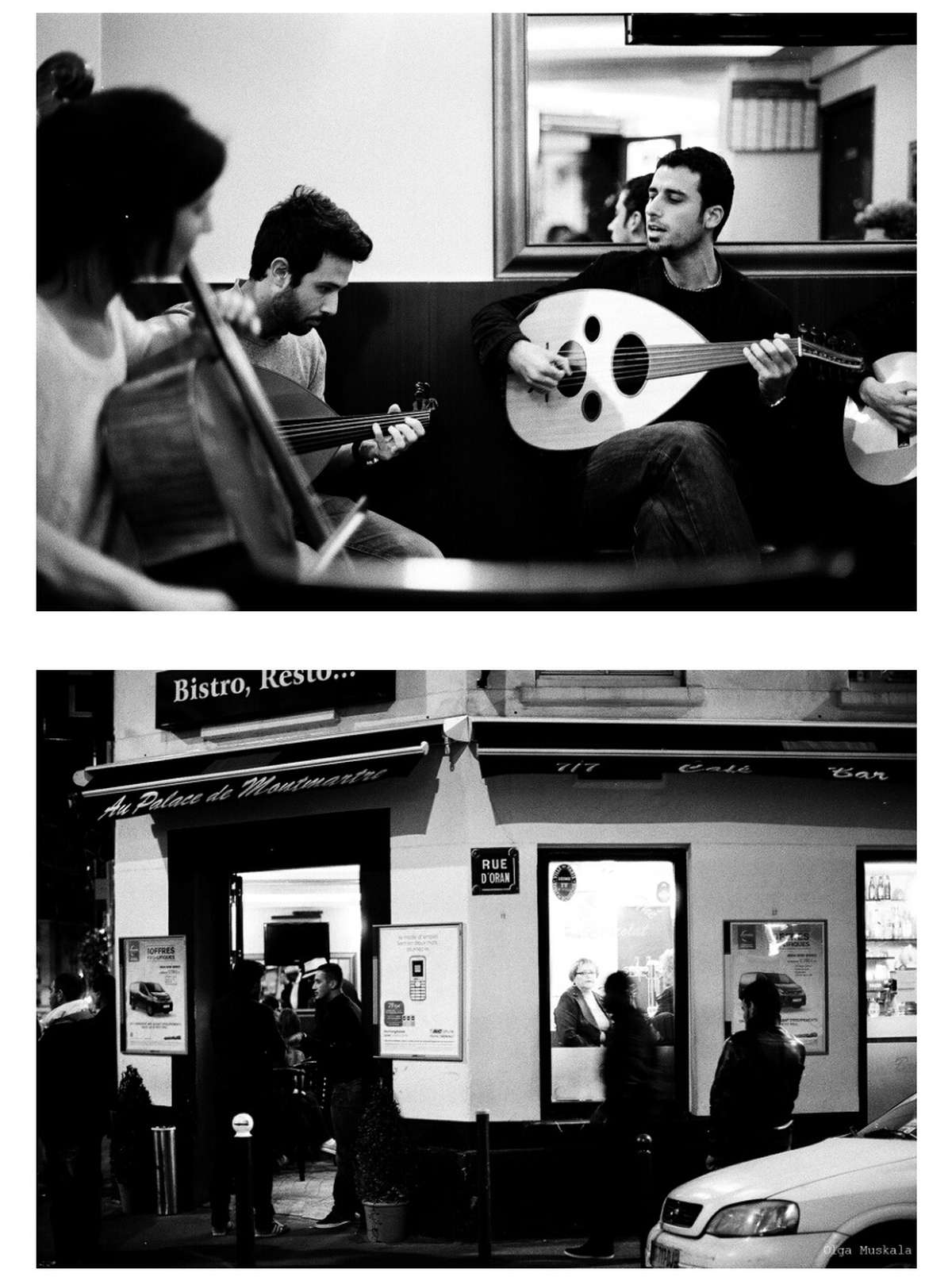
As an impuls for the reactivation and as an experiment to enlarge the home for the hotel residents within the district, a concert was organised in the Café of one Hôtel meublé, situated in the ground floor.
Welcome in the Hôtels meublés!
Welcome in the Hôtels meublés!

The demand of cheap and accessible housing is especially present in the current housing and economic crisis. The access to the social or private housing market is becoming more difficult as also elitist. Though, the number of poor and homeless people is steadily increasing.
Paris is one of those cities, but inhabits a centuries-old private hotel sector largely unknown and in risk of disappearance. These places, in the public opinion stigmatised as precarious, unsanitary, and even unacceptable, are at the same time rich in social and spatial potentials. As urban habitation niches they offer people in various circumstances the possibility of transition.
The project aims to raise awareness of the important role of the existance of unconditional accessible habitations within the city by a profound field research and case study. Moreover, a concept is developed to preserve and rethink the sector, while enlarging the access to different functions for their inhabitants.
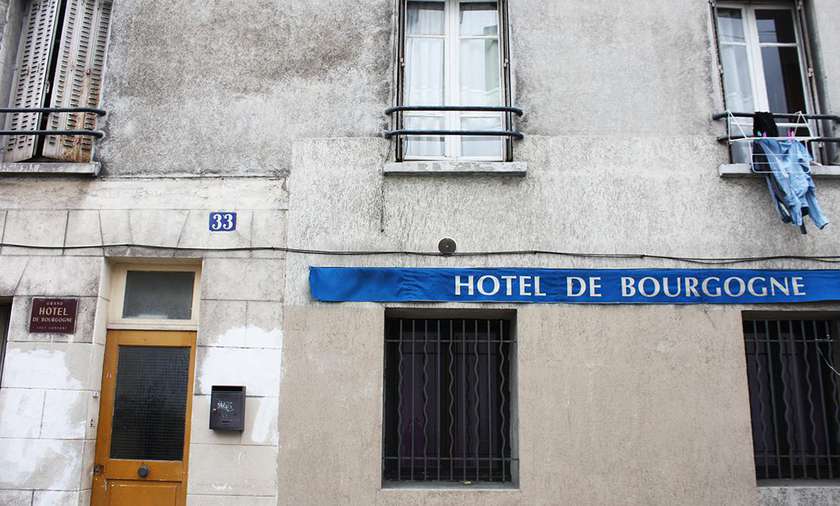
The Hôtels meublés vary from decent to unsanitary, from temporary to sedentary homes.
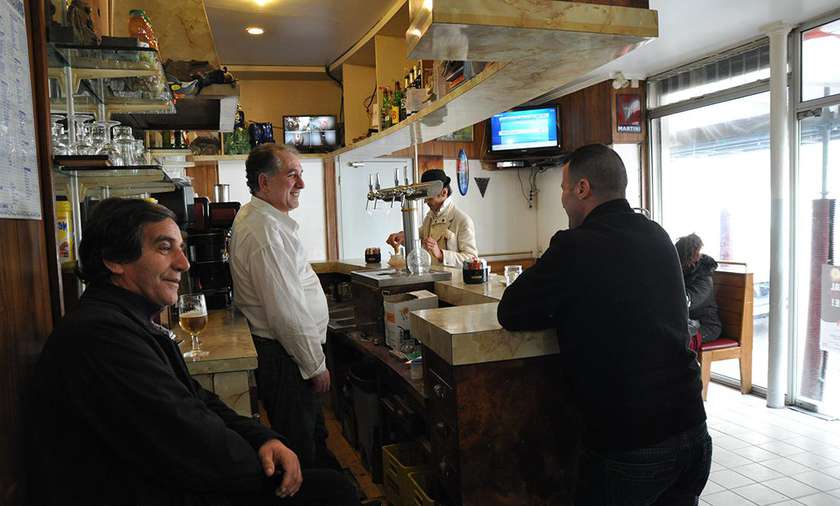
Their social potencials are widly covered by their stigmatised image of a precarious habitat.
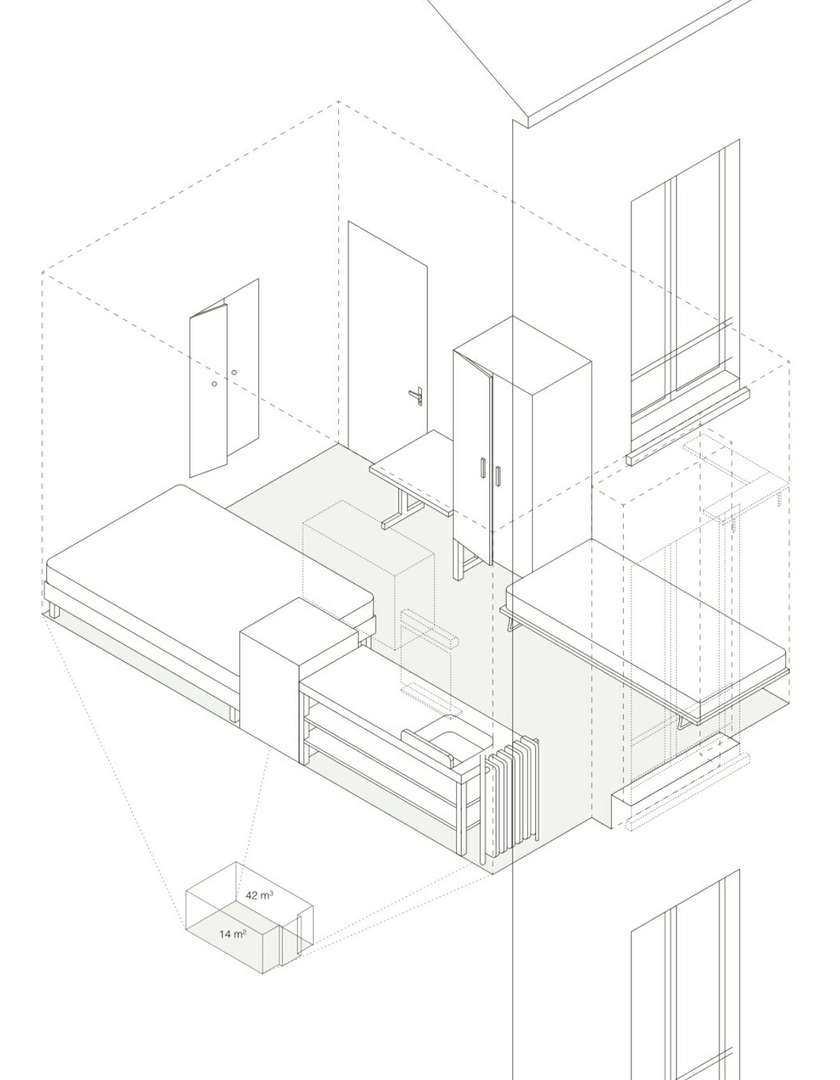
The hotel sector also serves as accomodation for asylum seeking families. A family of 3 people shares a room of about 14m2.
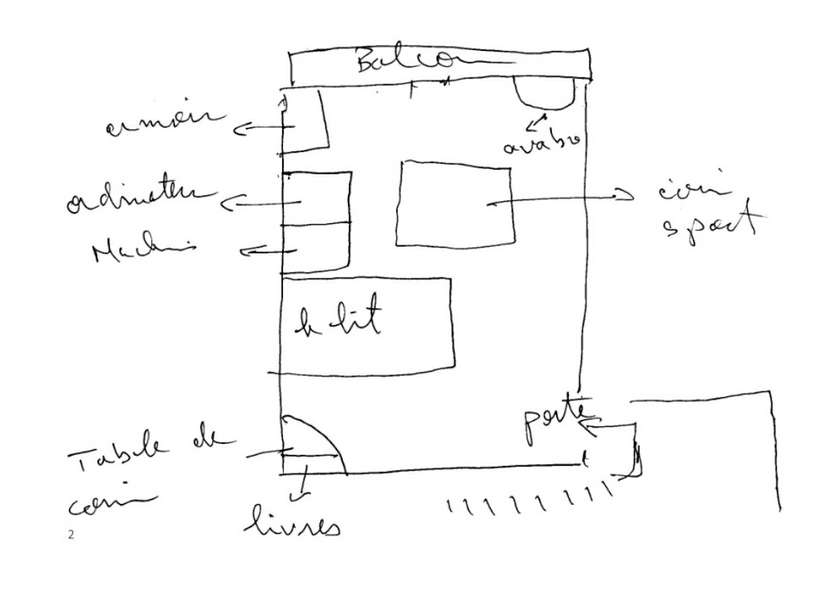
Drawing of the hotel room by the resident Aziz
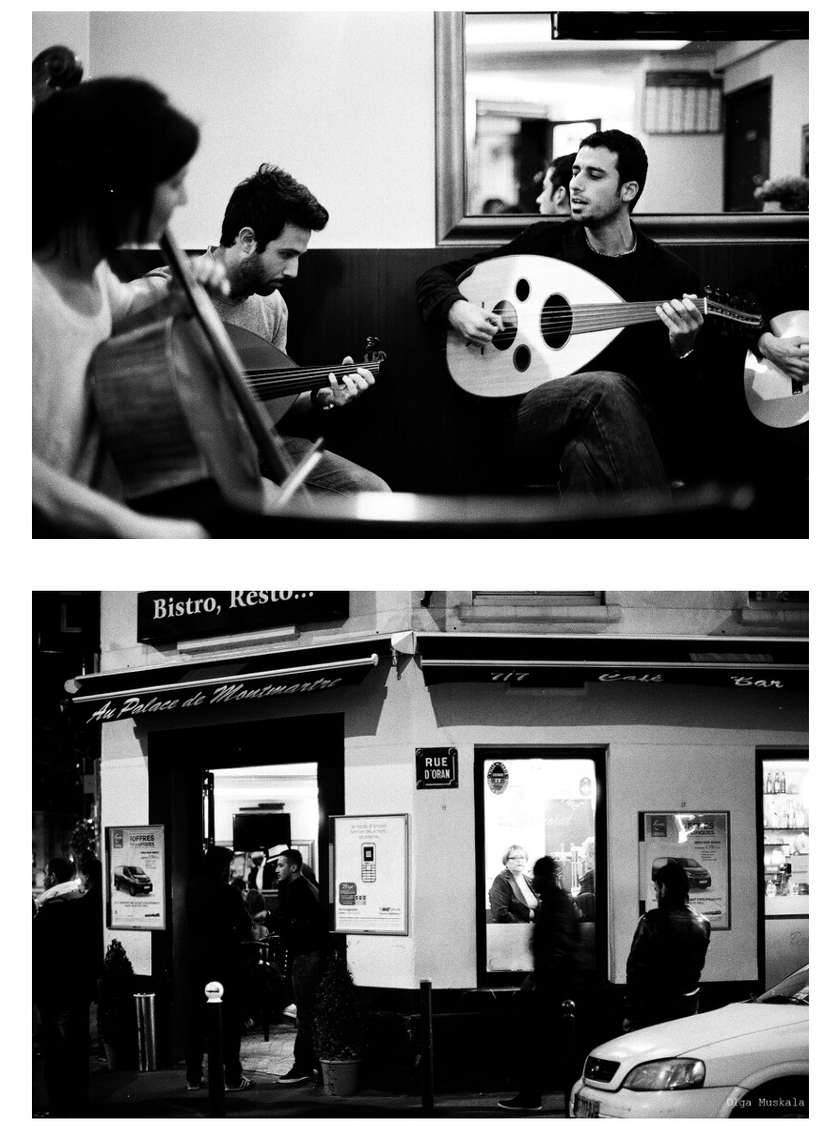
As an impuls for the reactivation and as an experiment to enlarge the home for the hotel residents within the district, a concert was organised in the Café of one Hôtel meublé, situated in the ground floor.